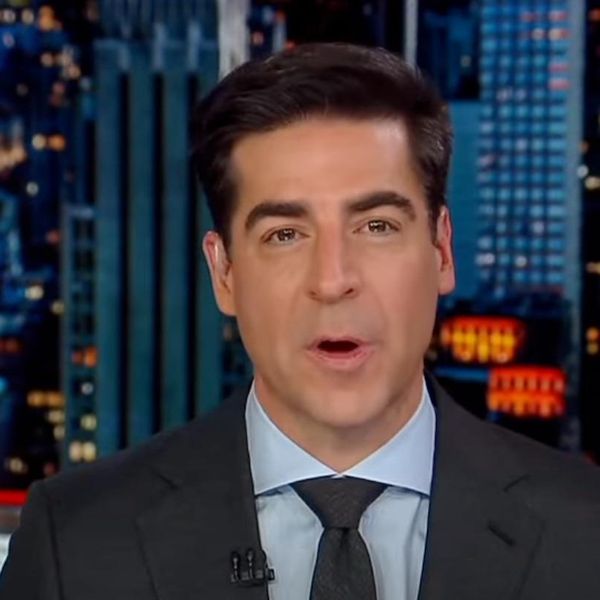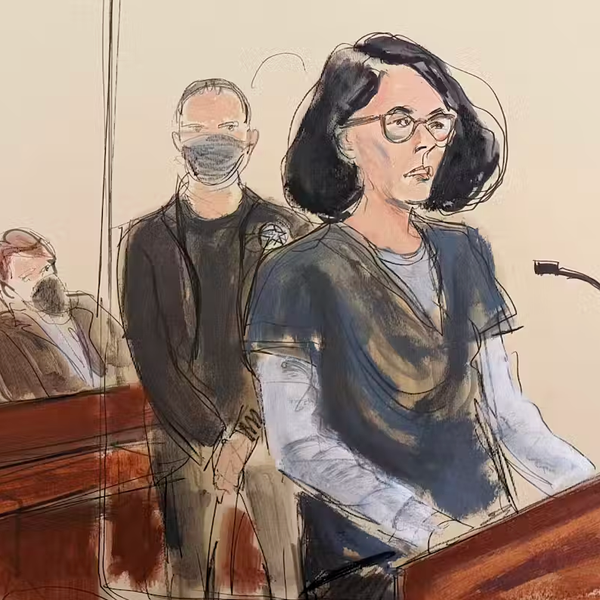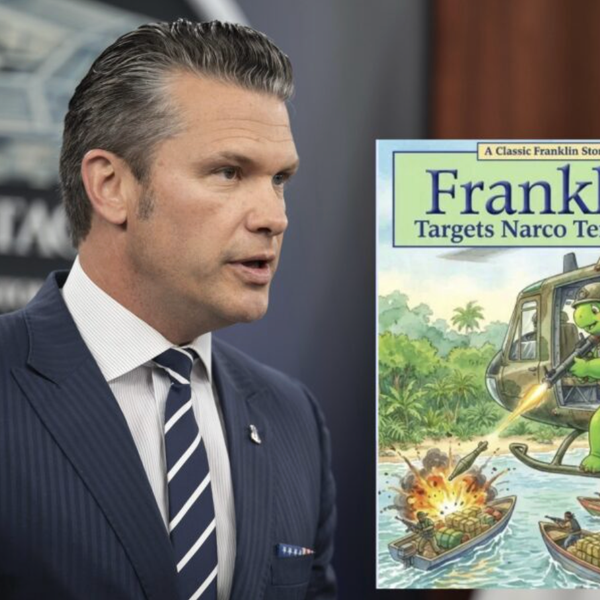Paris (AFP) – France said Monday some EU sanctions on Iran could be lifted in December as a landmark nuclear deal reached over the weekend moves forward despite Israeli concern and fury.
Both Iran and the major world powers have welcomed Sunday’s deal in Geneva under which Tehran agreed to curb a nuclear program the West suspects aims to develop an atomic bomb, in return for an easing of sanctions.
But Iran’s arch-foe Israel — an ally of many of the six countries who negotiated the accord, including France and the United States — blasted the accord as a “historic mistake” and reserved the right to defend itself against any threats made by Tehran.
Speaking on Europe 1 radio, French Foreign Minister Laurent Fabius said EU foreign ministers would gather together in “a few weeks” to discuss lifting some sanctions as part of the deal — a move he said could take place “in December.”
He also sought to reassure Israel about the agreement with Iran, whose supreme leader last week described the Jewish state as a “rabid dog” that was “doomed to collapse.”
Fabius said: “You have to understand the context. Iranian authorities sometimes say things that are provocations, including last week. We will work so that the security of all the countries in the region, including Israel, be better assured.”
Asked about the risk of Israeli strikes on Iran, Fabius responded he thought such as move was unlikely “because no one would understand it” at this point in time.
Tehran has a long history of belligerent statements towards the Jewish state, and Israel — widely assumed to be the Middle East’s sole if undeclared nuclear power — has repeatedly warned that a nuclear Iran would pose an existential threat, refusing to rule out strikes on Iran’s atomic infrastructure.
Israeli Prime Minister Benjamin Netanyahu has warned the deal will convince Tehran it has a free hand to achieve a breakout nuclear capability and tip the balance of power in the Middle East.
But the so-called P5+1 world powers that negotiated the accord with Iran — the United States, France, Britain, Russia, China and Germany — say it is a key first step that wards off the threat of military escalation in the volatile Middle East.
Under the deal, which lasts for six months only while a more long-lasting solution is negotiated, Tehran will limit uranium enrichment to low levels that can only be used for civilian energy purposes.
It will also neutralize its existing stockpile of uranium enriched to 20 percent, which is close to weapons-grade and therefore an area of top concern.
In return, the Islamic state will get some $7 billion (5.2 billion euros) in sanctions relief in its petrochemical, gold and precious metals and auto sectors.
But the raft of international sanctions that have hobbled the Iranian economy remain untouched.
Fabius said that Iran committed “to giving up the prospect of a nuclear weapon” as part of the interim deal.
“As much as Iran can move forward where civilian nuclear energy is concerned, it cannot do so for the atomic weapon,” he added.
President Barack Obama also moved to placate Israel, calling Netanyahu Sunday in a bid to reassure him that the accord was temporary and the sanctions relief limited.
But these pacifying moves have failed to convince many Israelis, and a poll conducted by the daily Israel Hayom found more than three-quarters of Israeli Jews believe Iran will keep up its nuclear drive despite the Geneva deal.
Most Iranian newspapers on Monday hailed the Geneva deal, attributing the relatively swift success to Foreign Minister Mohammad Javad Zarif although several conservative outlets focused on the hurdles in implementing the accord, saying the United States is “untrustworthy.”








